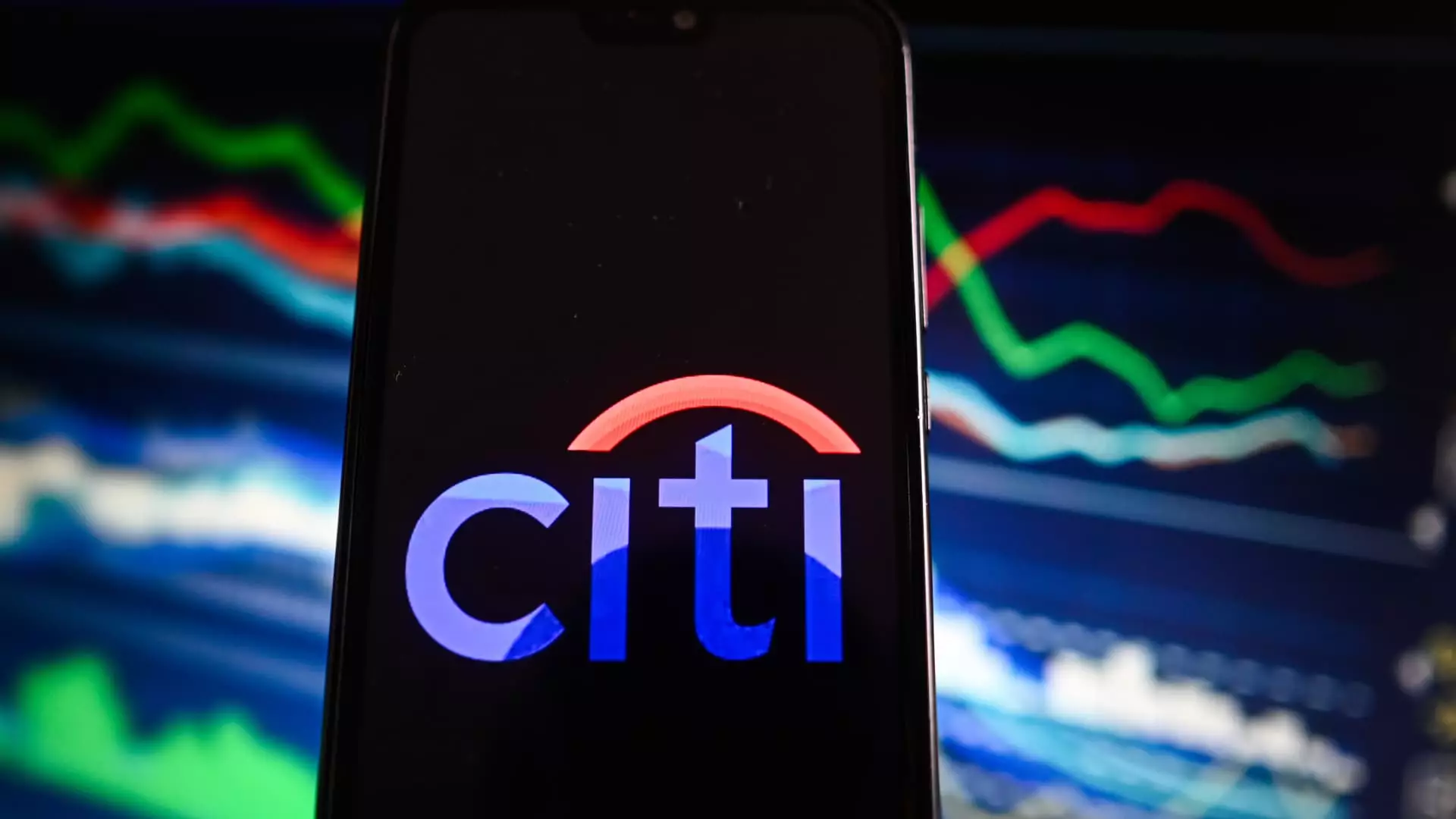In the fast-paced world of finance, the intersection of politics and market dynamics often creates opportunities for investors. This has been vividly illustrated in the wake of Donald Trump’s potential victory in the presidential election. In the early hours of trading, shares of major banks experienced a robust upsurge, signaling a clear message from investors: a Trump presidency is perceived as favorable for the banking sector. Prominent financial institutions like Citigroup, Bank of America, Wells Fargo, and Goldman Sachs all recorded notable gains, with Citigroup leading the charge with a notable increase of about 5%.
The expectations surrounding the Republican Party’s approach to financial regulations have played a pivotal role in driving this surge. Historically, the GOP has championed deregulation, which, in turn, is anticipated to offer substantial benefits to financial institutions. The prospect of reduced oversight from entities like the Consumer Financial Protection Bureau (CFPB) is particularly appealing. As TD Cowen analyst Jaret Seiberg pointed out, the expectation is that if Trump assumes office, there would be a substantial rollback of strict enforcement measures that have characterized recent years.
Seiberg’s analysis sheds light on the potential implications for trading banks, especially concerning capital requirements and credit card late fee structures. The anticipation that capital requirements might be lowered could directly translate into a surge in profits for these institutions. The discussion around cryptocurrency regulations adds another layer to this dynamic, indicating a pivot that may attract further investment into the sector.
While the optimism surrounding Trump’s election is palpable, it is essential to acknowledge the potential risks associated with his policies. The same trades that could lift banking stock prices may also harbor inflationary threats due to Trump’s proposed tariffs and stringent immigration policies. The complexity of economic growth cannot be overlooked; pursuing a deregulated financial environment must be balanced with broader economic stability. There is always a risk that the very measures intended to invigorate the banking sector could lead to adverse inflationary pressures that might negate any initial gains.
As traders continue to analyze the unfolding election results and their implications, the banking sector remains a focal point of interest. The correlation between political leadership and economic performance underscores the importance of investor sentiment. With many states still pending confirmation in their voting results, the economic landscape remains fluid, and market players are poised to react to further developments.
The banking sector’s strong performance reflects a broader expectation that Trump’s presidency would usher in a more favorable regulatory environment. While the immediate surge in stock prices is promising, the complex interplay between policy changes, economic conditions, and market psychology will ultimately dictate the long-term trajectory of these institutions. Balancing optimism with caution will be key as investors navigate this politically charged climate.

